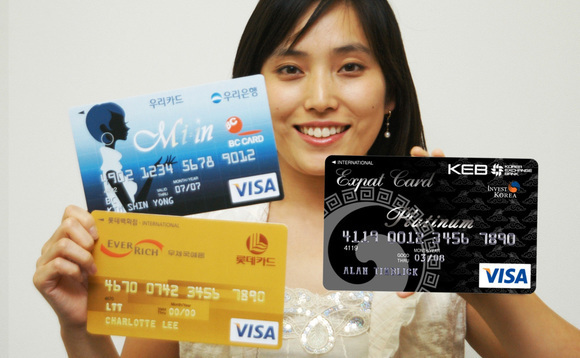
PE firms struggle to secure Woori stake

It was the $6 billion question: Would the Korean government sell control of the country’s third-largest lender to a private equity firm? Had the answer been yes - and Korea Deposit Insurance Corp. (KDIC) exited Woori Financial Group to one of three local suitors - longstanding concerns about Seoul’s tolerance of private equity involvement in the banking sector might have been abated.
But the postponement of the auction of KDIC's 57% stake in August marks the latest in a string of delays to the divestment. It has given fresh momentum to the view that, no matter how private eq...
Latest News
Asian GPs slow implementation of ESG policies - survey
Asia-based private equity firms are assigning more dedicated resources to environment, social, and governance (ESG) programmes, but policy changes have slowed in the past 12 months, in part due to concerns raised internally and by LPs, according to a...
Singapore fintech start-up LXA gets $10m seed round
New Enterprise Associates (NEA) has led a USD 10m seed round for Singapore’s LXA, a financial technology start-up launched by a former Asia senior executive at The Blackstone Group.
India's InCred announces $60m round, claims unicorn status
Indian non-bank lender InCred Financial Services said it has received INR 5bn (USD 60m) at a valuation of at least USD 1bn from unnamed investors including “a global private equity fund.”
Insight leads $50m round for Australia's Roller
Insight Partners has led a USD 50m round for Australia’s Roller, a venue management software provider specializing in family fun parks.








